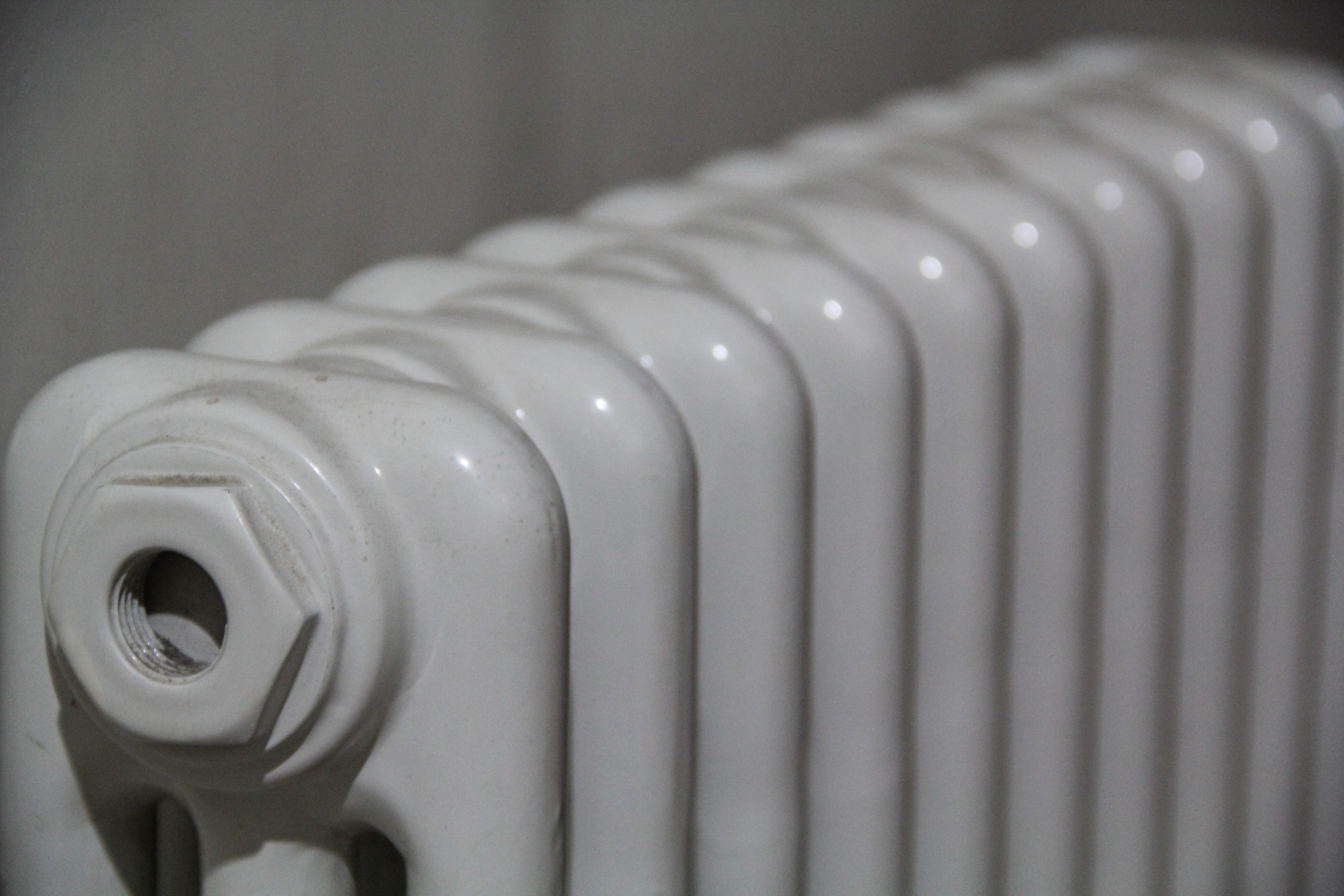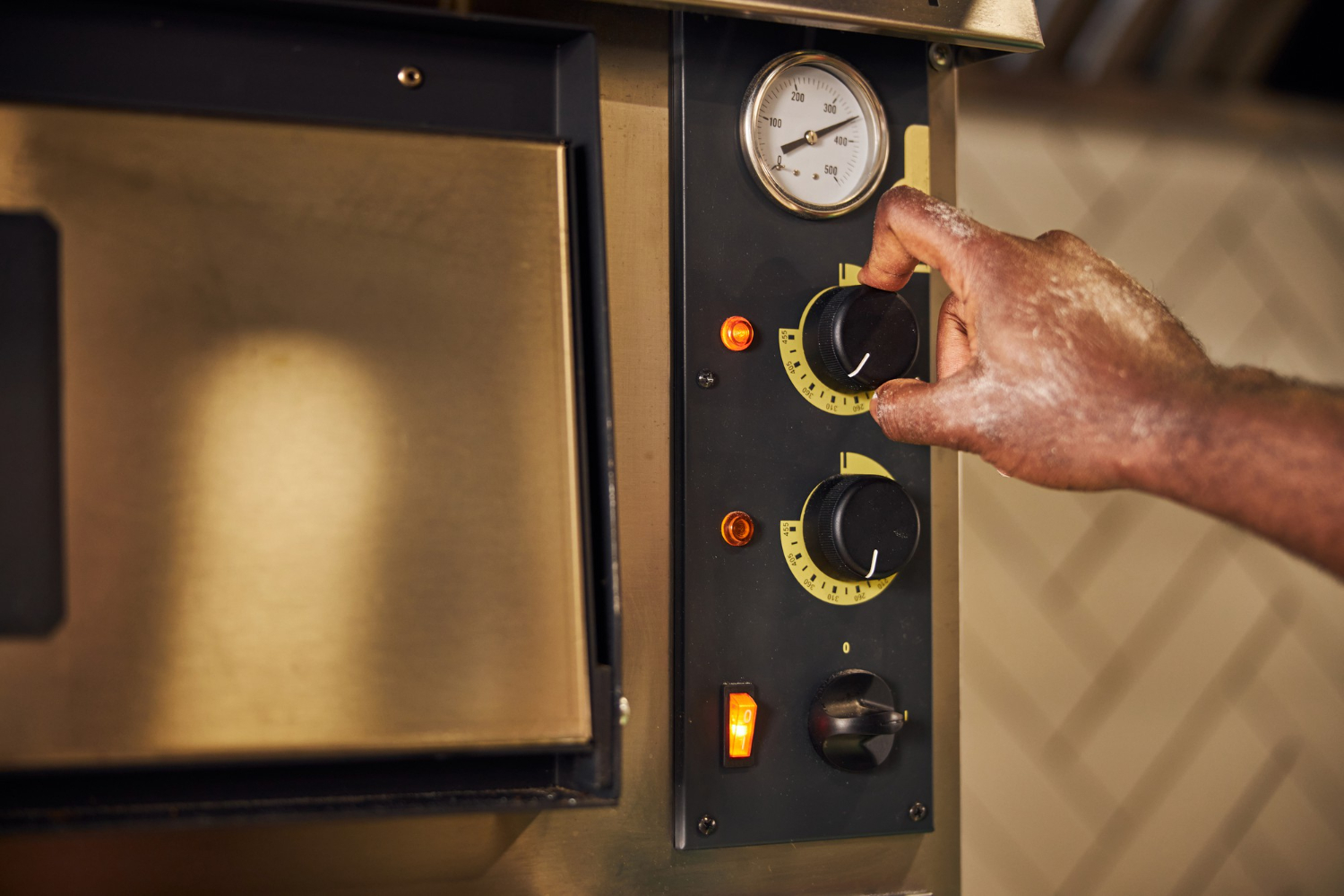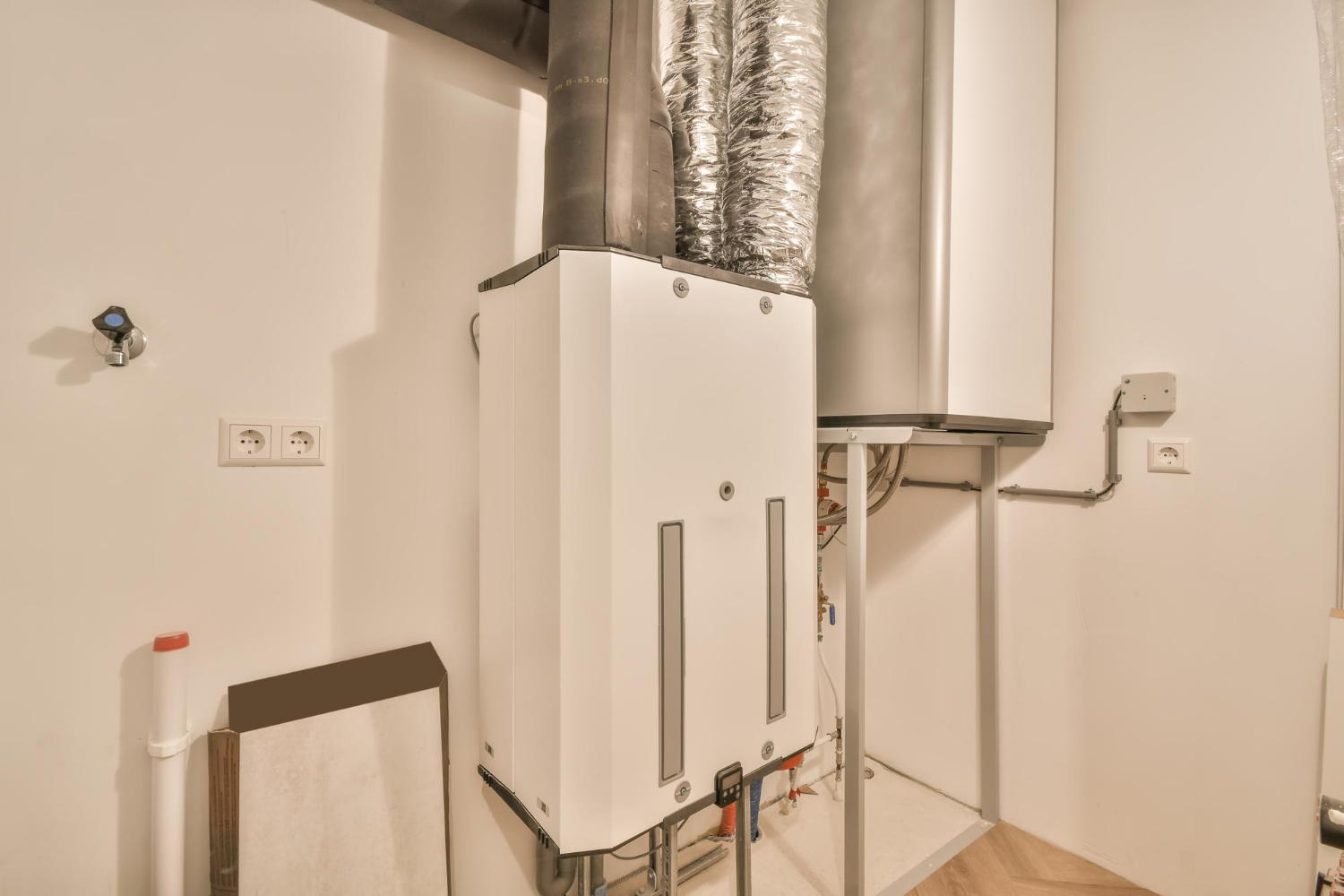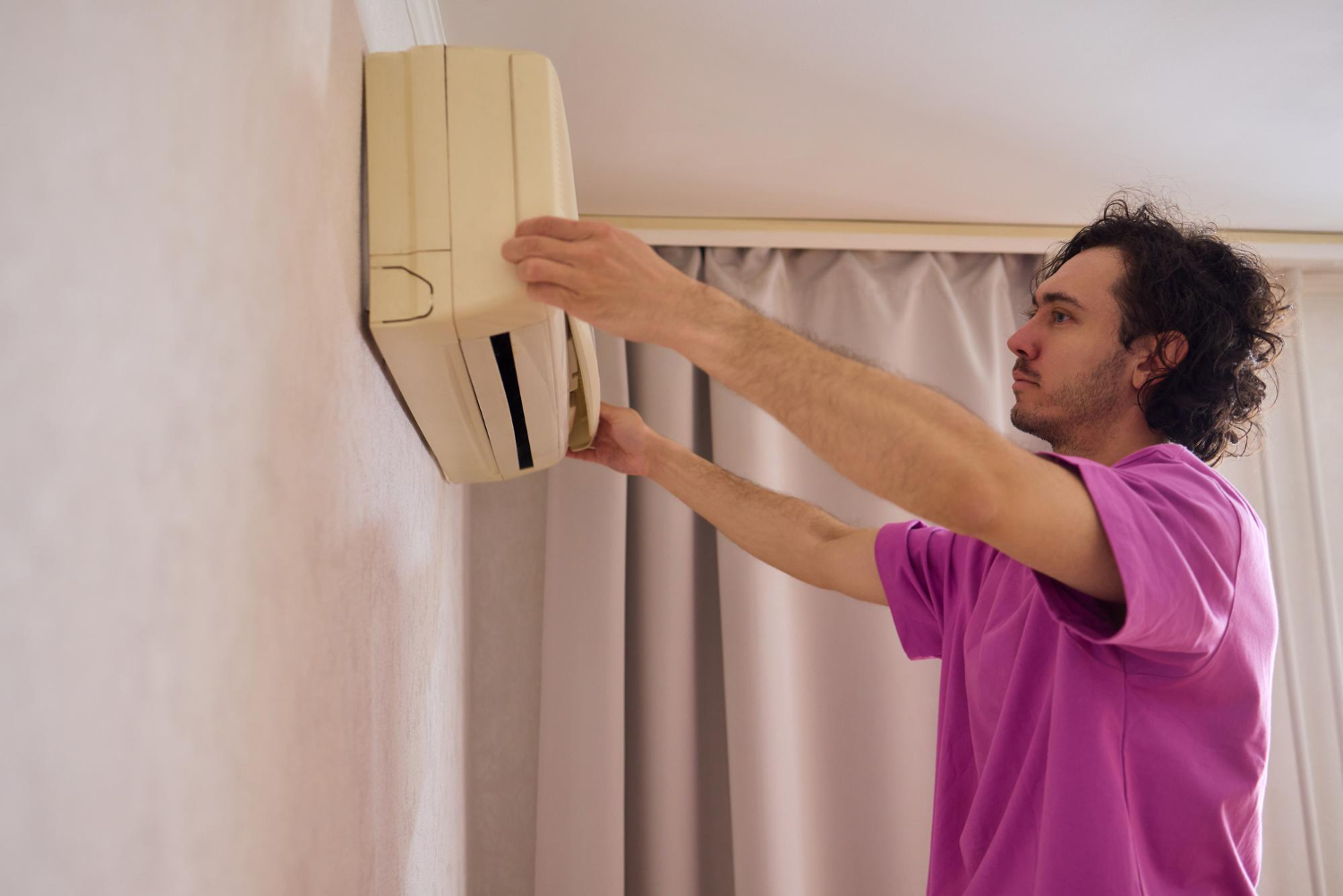Your boiler is an essential part of keeping your home comfortable, especially during the colder months. It’s responsible for ensuring that your home remains warm and your water stays hot. However, maintaining proper boiler pressure is crucial to ensure it operates efficiently and safely. Incorrect boiler pressure can lead to several issues, ranging from energy inefficiency to complete boiler shutdown. Understanding the signs of both high and low boiler pressure is vital to preventing these problems.
Having the right boiler pressure not only keeps your heating system efficient but also prolongs its life. When the pressure is too high or too low, it can strain your boiler’s internal components, leading to breakdowns and costly repairs. Residents in Edison need to be aware of these fluctuations to maintain a warm and safe home environment.
Symptoms of High Boiler Pressure
High boiler pressure is one of the common issues many homeowners face. Recognizing the signs early can save you from potential damage. The first and most reliable tool to identify high boiler pressure is your pressure gauge. When the needle is consistently in the red zone, it indicates that the pressure is too high.
Here are the symptoms of high boiler pressure:
- Unusual noises like banging or whistling emanating from the boiler
- Excess water being discharged from the pressure relief valve
- Frequent shutdowns or the boiler locking out
High pressure can lead to leaks and damage to the system, causing water to drip from the boiler and its connectors. This can also forcefully impact the seals, leading to expensive repairs. If these pressure issues are left unchecked, they may even result in a complete system shutdown, leaving you without heat and hot water.
Symptoms of Low Boiler Pressure
On the opposite end, low boiler pressure can also pose significant concerns. Low boiler pressure often leads to poor heating performance, making it essential to catch these signs early. Typically, your boiler’s pressure should hover around the 1-1.5 bar mark on the gauge. If the pressure falls below this range, it might indicate a problem.
Recognize low boiler pressure from these symptoms:
- No heat or hot water within your home
- The boiler frequently resetting or struggling to maintain its operation
- Radiators not heating evenly or staying cold during operation
Low pressure often results from leaks within the system, possibly in pipes or radiators, allowing water to escape steadily. It can also be due to a slow pressure loss over time, which might seem insignificant but can eventually lead to a complete system failure if not addressed. This issue not only affects warmth in your home but could also result in increased utility bills due to the system working harder to reach the desired temperature. Understanding these symptoms and seeking timely intervention can help maintain a comfortable and efficient home heating system.
Common Causes of Improper Boiler Pressure
Understanding why your boiler pressure may fluctuate is essential for effective troubleshooting. Several factors can cause your boiler’s pressure to be too high or too low, each with its own set of challenges.
- Radiator Leaks: One of the most frequent causes of low boiler pressure is a leak in the radiators, which can slowly let water out, reducing the overall pressure in the system.
- Air in the System: Trapped air in the system can lead to both high and low-pressure issues. Bleeding radiators may relieve excess pressure or help balance pressure levels.
- Faulty Pressure Relief Valves: When these valves malfunction, they struggle to perform their duty. This can cause pressure to build beyond safe levels.
- Regular Wear and Tear: Over time, seals and connections might degrade, affecting the pressure.
Identifying these issues early can help you manage your boiler’s pressure more effectively, keeping your home warm and safe.
Importance of Professional Boiler Maintenance in Edison
Professional maintenance plays a critical role in keeping boiler pressure at optimal levels. Regular check-ups by experienced technicians can detect and address wear and tear or component failures before they lead to significant problems. Our technicians in Edison are skilled in diagnosing pressure-related issues quickly.
They look for common signs of pressure imbalance, such as leaks or faulty gauges, and provide solutions. Their expertise ensures that your heating system remains efficient and functional all year round. Furthermore, routine maintenance not only addresses current issues but also prevents future ones, potentially saving you from unexpected breakdowns and costly repairs. Timely intervention keeps your boiler in prime condition, extending its lifespan and ensuring consistent comfort.
Ensuring Optimal Boiler Performance
Maintaining the correct boiler pressure is integral to the efficient operation of your heating system. By recognizing the signs of high or low pressure and understanding their causes, you can take timely action to prevent more serious issues. Regular monitoring is essential, and seeking professional assistance can help manage boiler pressure effectively.
With a well-maintained boiler, you can enjoy reliable heating and peace of mind throughout the colder months. Proper boiler pressure ensures your home stays comfortable, avoiding the disruption of unexpected breakdowns. Prioritizing boiler care results in a more comfortable and efficient living environment in Edison, allowing your heating system to run smoothly for years to come.
If boiler pressure issues prevent your home in Edison from staying warm and comfortable, consider enlisting our professionals for boiler repair in Edison to restore your heating system’s performance and avoid further disruptions. UniProAir understands that unexpected boiler problems can be stressful, and our experienced technicians work to resolve these issues quickly. For a quick estimate or to schedule service, please contact us today.









